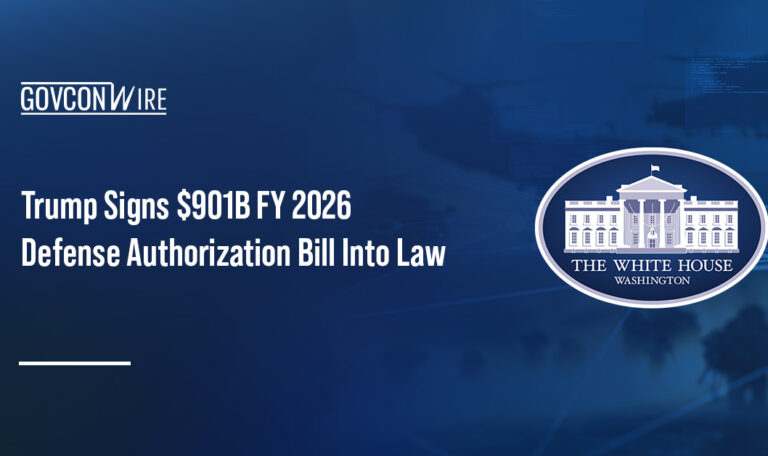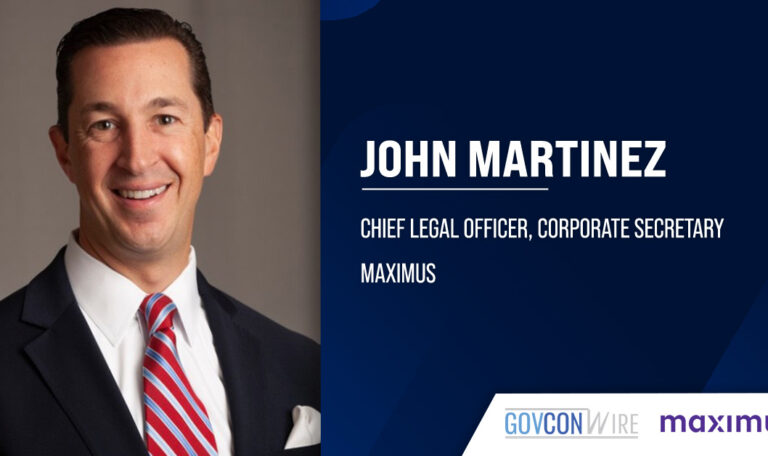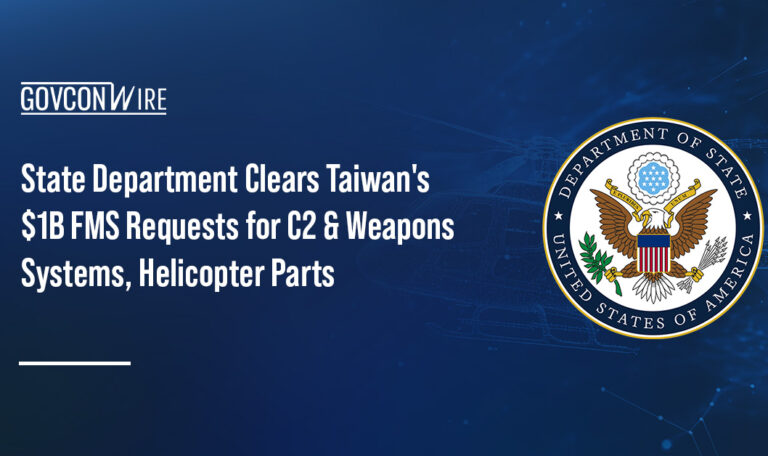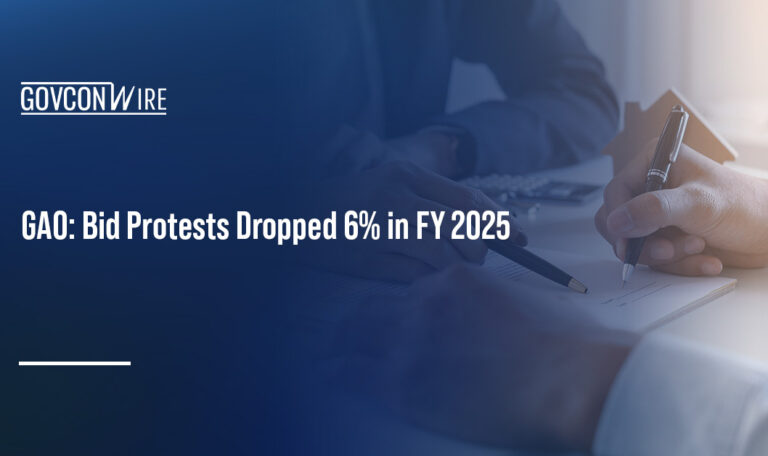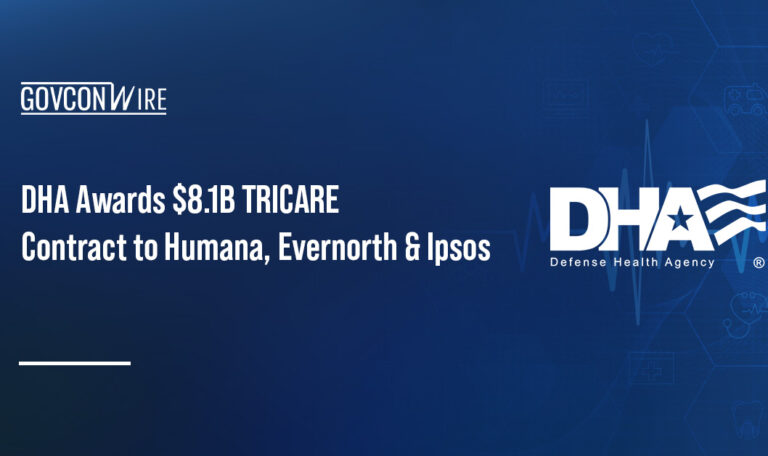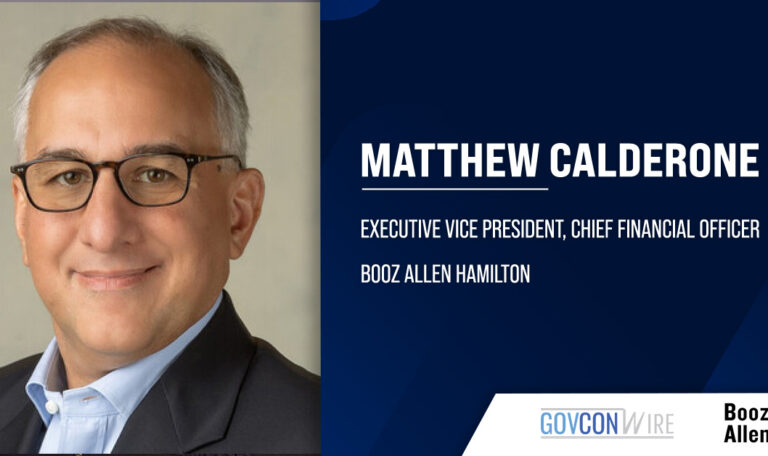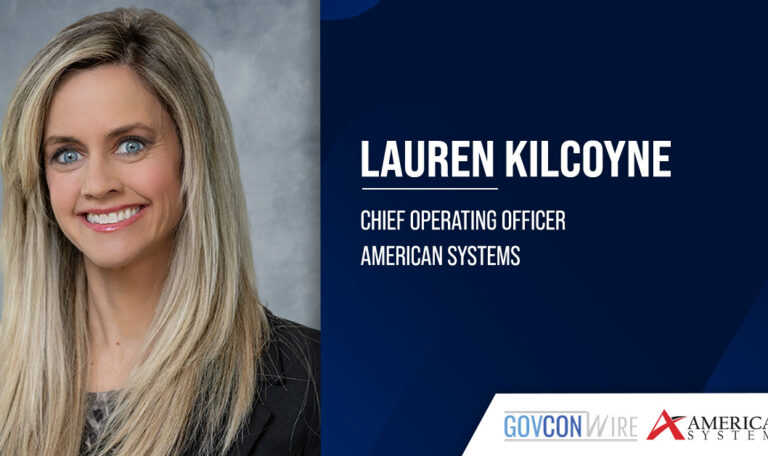The COVID-19 pandemic has transformed the global economy, business structure and workforce, and as the world and nation adapt to the changing environment through technology, cyberattacks have continued to increase.
“Cybersecurity experts have serious concerns about the huge changes affecting IT infrastructure and data security around the world, including US critical infrastructure and their own enterprise networks,” wrote Black Hat representatives in a report this month detailing the results of the Black Hat USA Attendee Survey.
COVID-19 has triggered a wave of cybersecurity threats in a variety of industries, and security professionals predict that there will be no return to normality. Black Hat has found that 94 percent of current and former attendees believe that COVID-19 increases the cyber threat to enterprise systems and data.
Cyber experts pinpointed the increase of attacks to the need for social distance. The report noted that 72 percent of respondents reported that they were concerned about quarantined home workers breaking policy and exposing systems to risk.
“The rise of the global COVID-19 pandemic has made a huge impact on the cybersecurity industry, just as it has in other industries. A majority of cybersecurity professionals believe that the risk to enterprise data is greater than ever, particularly in remote access systems during the quarantine,” said the Black Hat report authors.
To combat the increased threat, CISA has worked to protect COVID-19 vaccine and therapeutics manufacturers that are part of the White House “Operation Warp Speed” to develop a vaccine by January 2021.
“We’ve really picked up momentum up to now with significant uptake and enrollment from some of the most critical and large well-known pharmaceutical brands to smaller companies that are part of that critical supply chain,” said Bryan Ware, assistant director for cybersecurity at CISA.
CISA has also collaborated with Health and Human Services, Department of Defense (DoD) and the Federal Bureau of Investigation (FBI) to identify certain vulnerabilities in networks to prevent cyberattacks.
“We’ve seen an increase in vulnerabilities in that sector, but we’ve seen that sector — amongst all the others that we scan — is much more attentive and much faster at addressing the vulnerabilities that we find,” Ware concluded.

To learn more about cyber vulnerabilities during the shifting global environment, Join GovConWire’s “How to Increase Cybersecurity and Return on Investment of Existing PIV Infrastructure for Cross-Agency Encryption” Webinar on Tuesday, June 30th, free of cost.
Click here to register for GovConWire’s FREE Webinar.
During the webinar, industry leaders will explore the barriers and shortfalls of wide scale adoption of Personal Identity Verification (PIV) encryption between federal agencies and the challenges they face when adhering to Office of Management and Budget (OMB) directive M-19-17.
The webinar will feature Sam Andoni, founder and president of Zeva Inc.; Dr. Chris Edwards, chief technical officer of Intercede; Jeff Nigriny, president and founder of Certipath; Kyle Neuman, managing director of SAFE Identity and Mike Horkey, founder and CEO of Tru-Concepts LLC as the event’s moderator.
The speakers will dive into the importance of encryption, barriers to adoption and how new technologies are solving these challenges. Attendees will learn how federal agencies can increase the return on investment and cybersecurity by using their existing PIV and PKI encryption infrastructure by using it the way it was intended.
Join GovConWire’s “How to Increase Cybersecurity and Return on Investment of Existing PIV Infrastructure for Cross-Agency Encryption” FREE Webinar on Tuesday, June 30th.
Don’t miss out on the opportunity to hear public sector leaders discuss how federal agencies can increase the return on investment and cybersecurity. Register here for GovConWire’s “How to Increase Cybersecurity and Return on Investment of Existing PIV Infrastructure for Cross-Agency Encryption” on Tuesday, June 30th.




